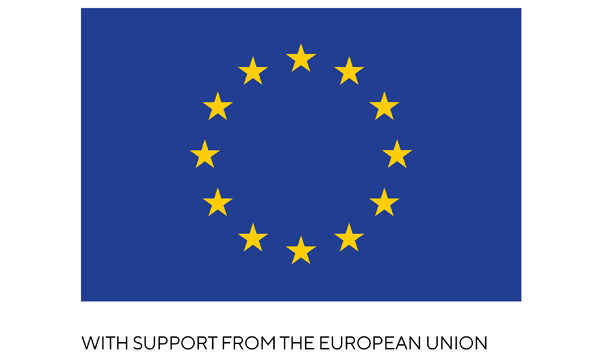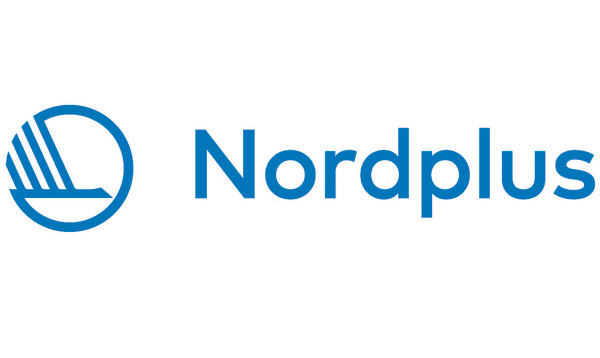Webinar recap: ‘Step up with refugees!’ with Adnan Abdul Ghani
28/06/2021Maria Malyshkina, ISCA

What is the real meaning of integrating refugees into society? Why do refugees need to be included into activities as protagonists? Adnan Abdul Ghani, a migration expert and a refugee from Syria who started a movement to train refugees to lead community activities, shared his expertise in the recent IRTS networking webinar on 23 June.
The last webinar before the summer break started with a ‘short commercial break’ from Jacob Schouenborg, ISCA’s Secretary General, reminding organisations and individuals who have delivered good practices in Integration of Refugees Through Sport to apply for the ISCA IRTS Awards – deadline has been extended until 30 June, and there is still a good chance to be selected and win a cash prize and a trip to ISCA Awards in Brussels in November 2021. Also, we are looking for mentees to participate in the second round of IRTS Mentoring Programme where they could be paired for a 12-months period with mentors who have solid experience in the field and with whom they could build capacity of the whole sector together.
The webinar continued with Adnan, who now works for Save the Children in Sweden, telling about his experience arriving as a refugee from Syria to a camp in Sweden and interacting with the local volunteers. Adnan is now also a thematic adviser for Region Västra Götaland for its regional development strategy 2020 to 2030 and a member of EU Commission Expert Group on migration, asylum and integration.
In order to be properly integrated into society, Adnan says, refugees do not need to be “babysat”, but must be included in the process from the beginning – right from the planning phase, and later, in the implementation stage as well. In order to be part of the integration process, rather than only a “subject” of it, the refugees have to be empowered with information, resources and techniques that make them active – and proactive – members of the community.
Refugees can help build a better future themselves, which also includes participation in sport activities. Being proactive in sport can also help refugees gain various skills that can later contribute to their employment, education or training, and during the webinar Adnan showcased a few inspirational examples of that and shared a story of his involvement with ISCA’s MOVE Beyond. You can learn more about the “self-empowerment sport movement” Save the Children and RF-SISU created in Sweden in our podcast.
We rounded up the webinar in breakout rooms where we discussed the challenges the participants are facing when involving refugees and migrants as partners as well as tools, information and support they need to involve them as such.
ISCA will continue holding more free networking webinars after the summer break, so SAVE THE DATES below and keep an eye on https://irts.isca.org/ or sign up to our newsletter for more information.
Include everyone!
Among refugees there are various target groups that need different approaches. We’d like to share examples of involving female refugees, children, families, refugees with disabilities/special needs, LGBQTI, seniors, etc. in community sport.
15 September 13.00 – 14.30 CEST
Work together for a bigger impact!
Collaboration and cooperation between different organisations, clubs, local authorities, schools and other stakeholders is important and can make a bigger impact on the target group as well as the local setting. We’d like to showcase examples of how that can be done.
10 November 13.00 – 14.30 CET
Registration will open 2 weeks before the webinars. Follow https://irts.isca.org/ or sign up to our newsletter for more information.
If you have any questions or would like more information about the webinars or IRTS online learning, feel free to contact Monika Resetar: mr@isca-web.org.








Connect
Subscribe to our newsletter for regular updates on our events, activities and opportunities in our network
You can unsubscribe at any time.




